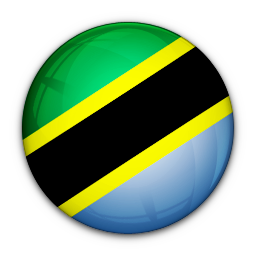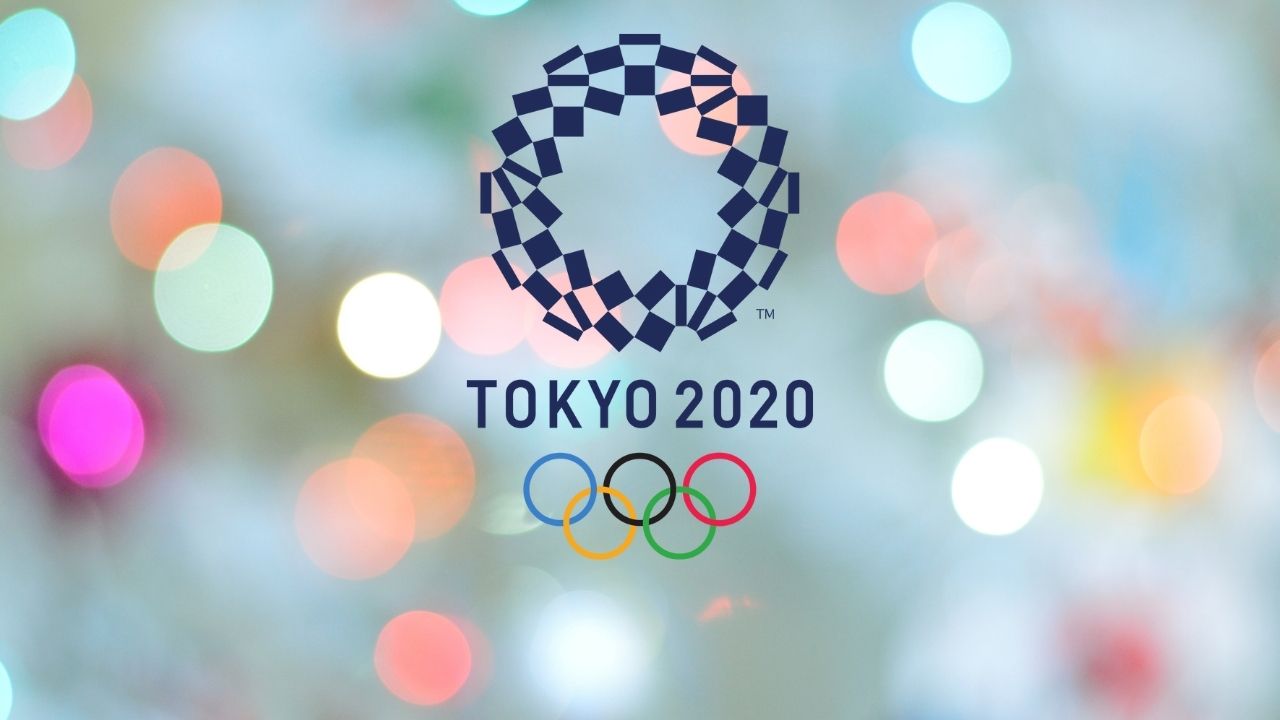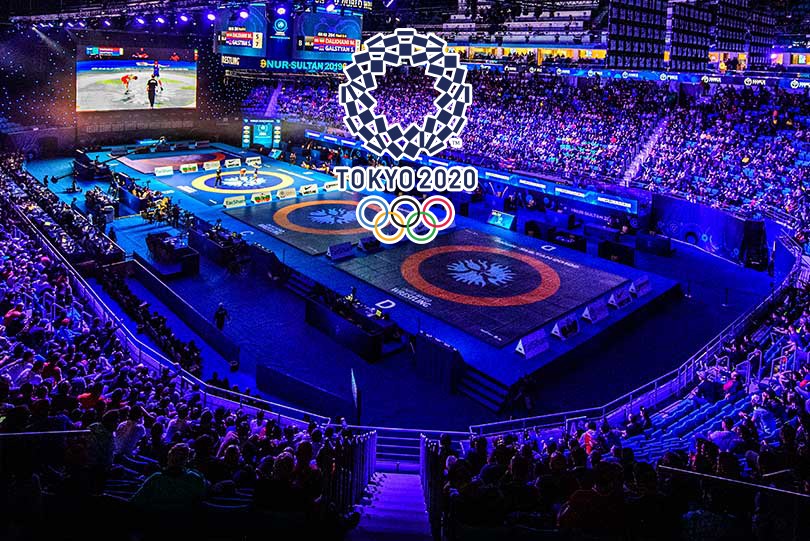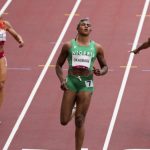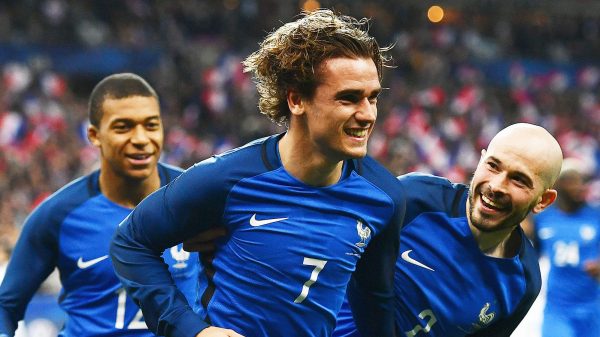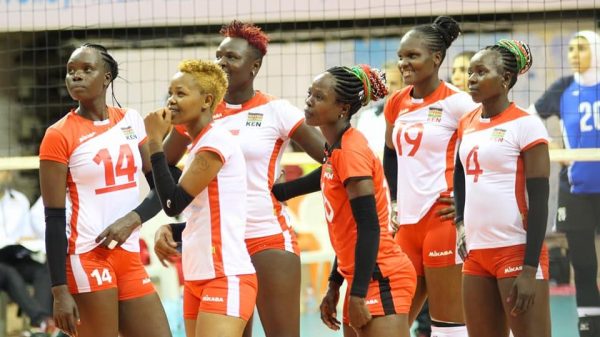For the first time ever, a refugee team competing in the 2020 Olympics is receiving sports scholarships to pursue higher education.
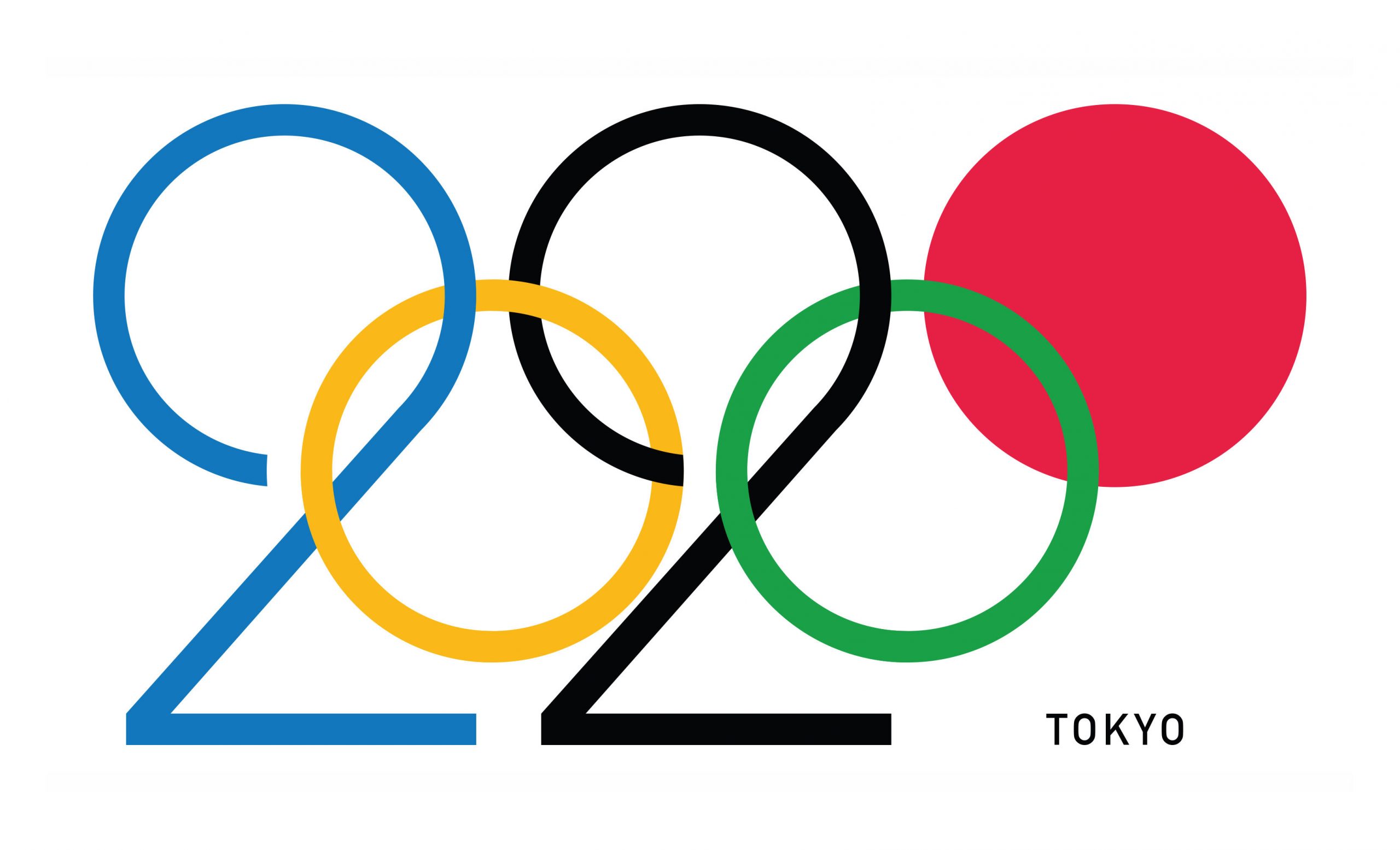 A new life in Canada
A new life in Canada
Three South Sudanese refugee athletes will relocate to Canadian soil and have the opportunity to train at a new school due to their athletic talent.
The Olympic Refugee Team is made up of three runners, Rose Natike Lokonien, Paulo Amotun Lokoro and James Nyang Chiengjik. In 2016 when they were selected for the team, all three lived in Kakuma refugee camp in Kenya. They are now living in a training center near Nairobi before their scheduled games at the 2020 Tokyo Olympics.
After the Olympics, the kids will be sponsored to move to Canada and study at Sheridan College in Oakville, Ontario. In doing so they’ll become the first refugees allowed into Canada under a new sports partnership between UNHCR, Sheridan College and World University Service of Canada. The athletes will continue to receive an International Olympic Committee scholarship.
James Nyang Chiengjack
James Nyang Chiengjack finished eighth in the 800-metre race at the Tokyo Olympics.
“He said that they must always remain hopeful and keep pushing onward as there will be an opportunity to win. “‘When you work on something, you have to do it wholeheartedly,’ he explained.”
As a boy, Chiengjack was forced to flee his home in Bentiu, South Sudan, to avoid abduction and forced recruitment as a child soldier. Arriving in neighbouring Kenya in 2002, he settled in Kakuma and attended a school known for its long-distance runners, whom he soon joined.
As an Olympic refugee athlete, Chiengjack’s athletic talent was spotted by scouts in the camp, and after several years of training in Kakuma and a specialised base in Ngong near Nairobi, he took part in the 2016 Rio Olympics as part of The First Refugee Olympian Team.
“We hope many other refugees will get this opportunity,” said Chiengjack.
Athlete Paulo Amotun Locoro
Athlete Paulo Amotun Lokoro is also from Kakuma, South Sudan. At the age of 14, he tended his family’s livestock in 2006 to escape the war that had lasted most of his life but was present from when he was born up until 2006.
Lokoro excelled in various sports before deciding to pursue 1500m running. He competed for the refugee team at Rio Olympics, as well as this year in Tokyo. He hoped his performance on the track and the scholarship he received would encourage other young refugees to make use of their talents
“We hope to provide young refugee’s the opportunity for training, motivation and support,” she said. “Their eyes are on us.”
Refugees need new ways to survive as well as integrate into their host country’s culture.
Resettlement to a third country is not common, but it can happen for those who go through the process – typically less than 1% of refugees will be resettled in this way.
So-called alternatives for resettlement, such as local community support programs or educational scholarships, among others, create opportunities for refugees to find permanent solutions and rebuild their lives. Hoping to expand the use of football for positive change in the future and applying it to other endeavors like arts.
“This is an important moment,” said UN High Commissioner for Refugees Filippo Grandi, “For the first time sporting potential and athletic ability has been recognised through access to higher education. This is fantastic news for the three Olympic refugee athletes, and we hope this pilot project from Canada will serve as an example in creating new opportunities for refugees.”
